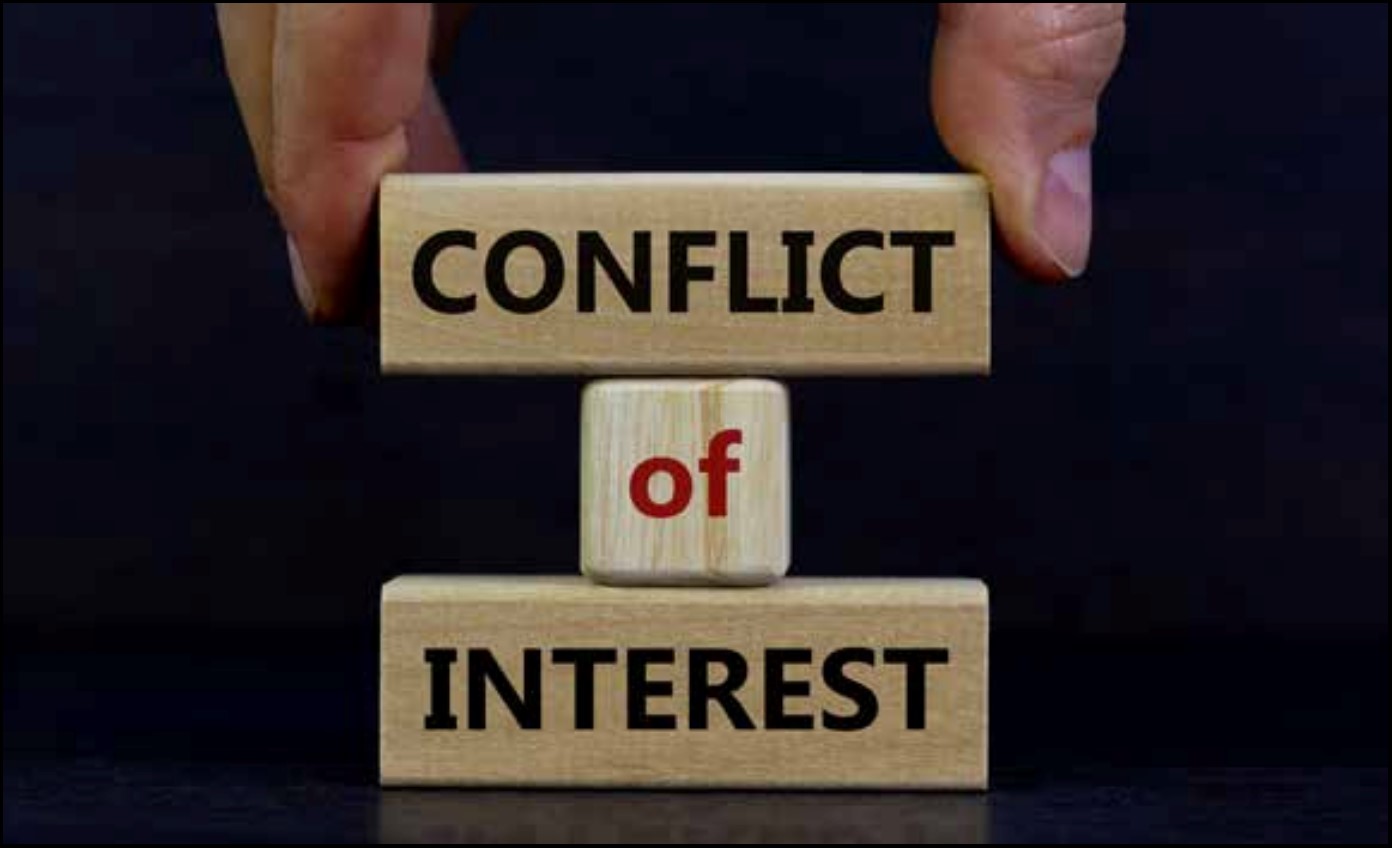The Love Triangle
How underquoting works and hurts
Auction campaigns are a meeting of buyers and sellers who have conflicting motivations, which are exacerbated by each side having been fed conflicting information.
The vendor puts their property to auction on the promise of a high price. The buyers are attracted to the auction by the low price guide. The agent knows they have work to do on auction day to bring it all together.
To make a sale, the agent will probably need to get their vendor down and the buyers up in price.
It’s a Love Triangle – three parties – buyer, seller and agent – looking for happiness, with three different objectives.
The vendor wants a high price. The buyer wants to win the auction for the lowest possible price and the agent wants to make a sale. When the smoke clears, one of the parties in the Love Triangle will end up the ‘jilted lover’.
Buyers who are outbid by other genuine bidders are not really victims of the Love Triangle. They have simply been outbid. All is fair in love and war, right?!

If enough strong bidders enter the Love Triangle and push the sale price over the advertised price guide, the agent can attribute it to market forces. ‘The result exceeded all expectations, how good are we?’ the agent will exclaim.
Then the agent will describe their delight to a property journalist at the sale price exceeding the vendor’s reserve price by $300,000. The only ‘news’ component of this is, it is usually ‘news to the vendor’ that they achieved $300,000 above their reserve price.
In a strong market or for very desirable properties, this is how the Love Triangle plays out on auction day. These stories of apparent success keep the auction system alive.
If the market is slow or the property does not enjoy strong buyer demand, the Love Triangle turns against the vendors in favour of the buyer. The risk for vendors in allowing the agent to advertise a very low price guide is, that the buyer interest may not emerge to drive the price to an acceptable level.
During spring, many vendors and agents have been inadvertently caught out quoting a low price for the respective property, in the expectation that it will attract a multitude of buyers, who will bid the price higher. When the crowd don’t turn up, the auction starts low and stays low. The Love Triangle
has turned against the vendor. The agents and the buyers have an attitude of ‘if your property is really worth more, then where are the bidders?’
The harsh reality is, the agent has damaged the value of the vendor’s property. Rest assured, if your home publicly passes in for a low price, you have little chance of negotiating a higher price later.
The more bidders that bid, the more justification the agent has to encourage their vendor to ‘meet the market’ – which is a pleasant way of saying drop the reserve price, if they need to. From an agent’s perspective, they cannot really have too many bidders on auction day, even if all of those bidders stop bidding below fair value and/or the vendors reserve price. The crowd becomes a justification of sorts for dropping the reserve price.
The chance of a sale remains high, whilst ever the agent has genuine bidders on auction day.
Rest assured, the Love Triangle can turn on the agent too. You you may ask how? A buyer who recently attended an auction in Bondi explained it succinctly, based on his first-hand experience. The subject property he was interested in, had a price guide of $2.2 million but the house passed in at the auction after a genuine bid of $2.6 million, failed to meet the vendor’s reserve price.
In these instances where the price exceeds the agent’s price guide, yet stops below the vendor’s reserve, the agent is left completely exposed and embarrassed. The Love Triangle has turned on them. You can imagine how upset the buyers and sellers are when everyone realises they have been fooled. The buyers now know the advertised guide was a ruse and the vendors have been left badly exposed by following the agents advice on price.
As Pat Benatar’s song cautioned,
‘Love is a Battlefield’ – and so is the real estate market.
BY PETER O’MALLEY Author – Inside Real Estate



